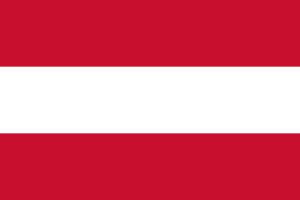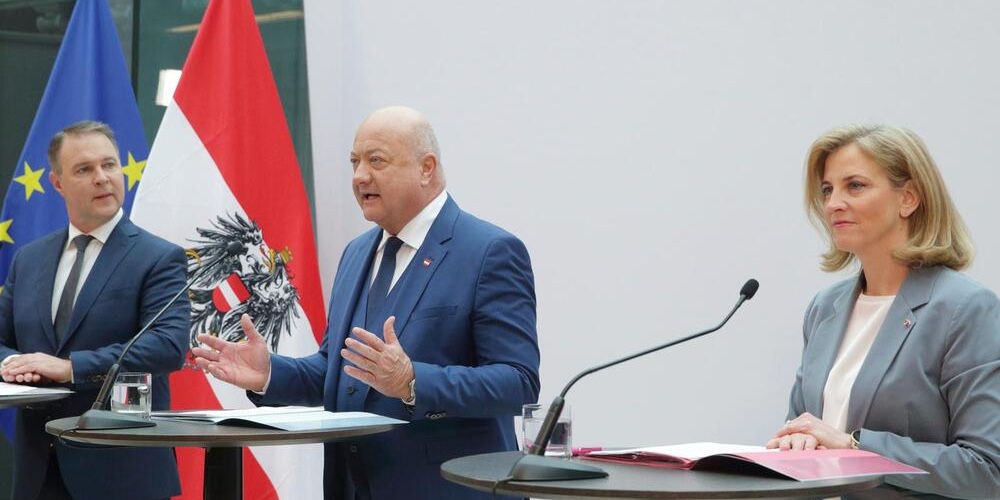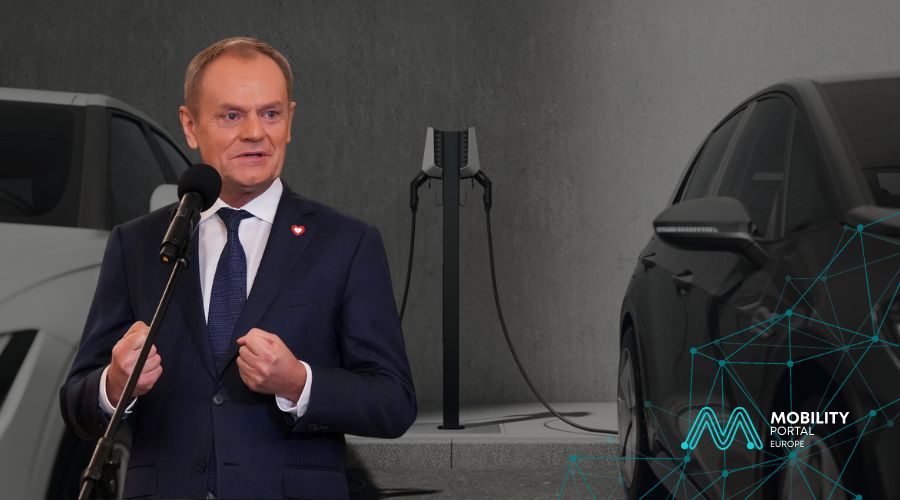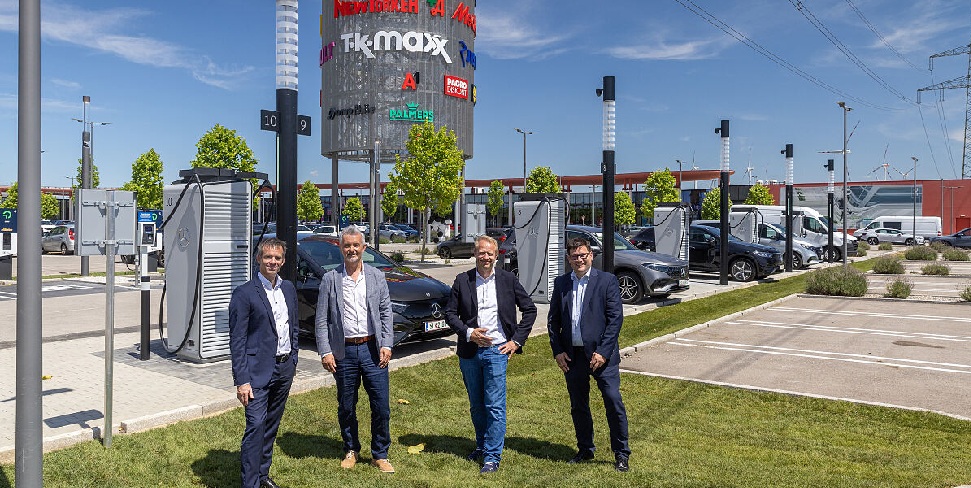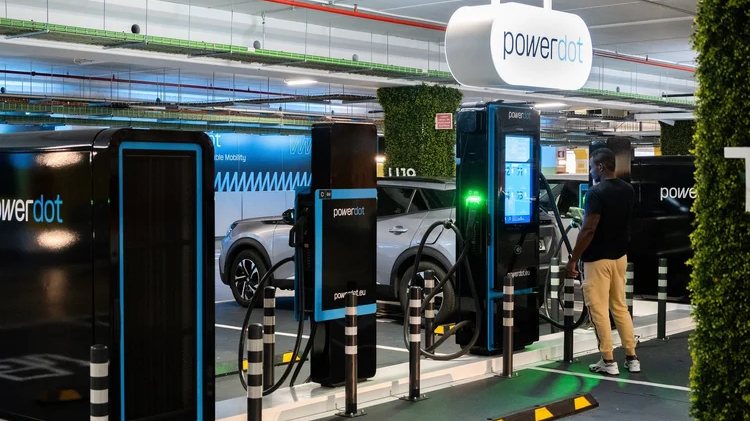With the Austrian People’s Party (ÖVP), the Social Democratic Party (SPÖ), and NEOS at the helm, the Austrian government outlined its agenda for the upcoming term.
In this context, the new administration made its stance clear: “There will be some subsidies for charging infrastructure, although no longer for the purchase of electric vehicles (EVs).”

This is explained by Henk Meiborg, CEO and founder of ZAPe, to Mobility Portal Europe, and he affirms that the mandate has agreed to include a specific section on electric mobility.
Regarding incentives for the development of the “refuelling” network, he points out that the exact implementation details have yet to be determined.
However, he emphasises that its inclusion is part of the agreement between the parties forming the government.
In recent years, Austria benefited from numerous subsidies, allowing it to establish a solid infrastructure foundation and foster public confidence in the product.
This is reflected in figures published by the Austrian Association for Electromobility (BEÖ), which reports over 200,000 registered electric vehicles and approximately 30,000 installed public charging stations.
So, why is the new administration reconsidering the reduction of incentives?
The primary reason is the need to generate savings in order to address the significant budget deficit.
For their part, the company Go-e highlights the fundamental role of incentives: “The EV market in Austria is thriving due to tax reductions and other benefits associated with purchasing EVs.”
In this context, they assert that, ultimately, due to technological advancements and the arrival of more affordable Chinese EVs, which are more accessible than current European models, “the future of mobility in Austria and across Europe will be electric.”
eMobility in the new political landscape
The political context in Austria has changed significantly with the formation of the first ever tripartite coalition in the country’s history, consisting of the ÖVP, SPÖ, and NEOS.
This government formation is the result of lengthy negotiations.
In this context, BEÖ has spoken out, emphasising the importance of maintaining a focus on efficient technologies.
“eFuels, hydrogen, or biogenic fuels should not be promoted as alternatives to electric mobility under the guise of technological openness,” says Andreas Reinhardt, President of BEÖ.

He explains: “These solutions are inefficient and offer no prospect of a cost-effective reduction in CO2 emissions.”
Currently, CO2 emissions from the transport sector account for approximately a quarter of total emissions in Austria.
Reinhardt explains that electrification is crucial to achieving the carbon neutrality goal by 2050.
He emphasises the need to expand the charging infrastructure, not only for light vehicles but also for heavy transport, particularly as Austria is a transit country.
During the 2024-2025 period, BEÖ member companies will invest over 75 million euros in expanding the public charging network.
“An efficient charging infrastructure is a vital cornerstone of the transport transition,” he argues.
In this regard, he insists on the importance of a clear focus on eMobility to enhance Austria’s competitiveness.
“The new government programme outlines key priorities in general. What we need now is a clear focus on electric mobility,” concludes Reinhardt.
Is Austria an attractive market for foreign eMobility companies?
The sector highlights that Austria is an ideal country for developing businesses in the electromobility field.
This is primarily due to the role of users as early adopters.
“People here have that spirit,” say Go-e. They add: “It is quite common to see EVs on the streets in Austria, and the charging infrastructure is already well developed.”
This makes the country one of the most advanced in the transition.
In February 2025, 20.1% of new registrations in the country were electric vehicles, representing a 31.1% increase compared to the previous year.
Read more:
-
Flagship eMobility Incentive: Poland Freezes Electricity Prices for Home Charging
Poland is extending the household electricity price freeze until the end of 2025. According to the electromobility industry, this is one of the most important incentives for purchasing an EV.
-
Mercedes-Benz opens first Charging Hub in Parndorf
Over the next year, Mercedes-Benz plans to establish at least five more charging parks across Austria. Until 31 August 2025, MB.CHARGE Public customers can enjoy an introductory Free Charging offer at the Parndorf location.
-
UTA Edenred partners with Powerdot: adds 8,000 charging points across Europe
UTA eCharge electromobility solution users can now access around 8,000 Powerdot charging points in France, Spain, Belgium and Poland. This stations join UTA Edenred’s growing public network, which features more than 925,000 points.




